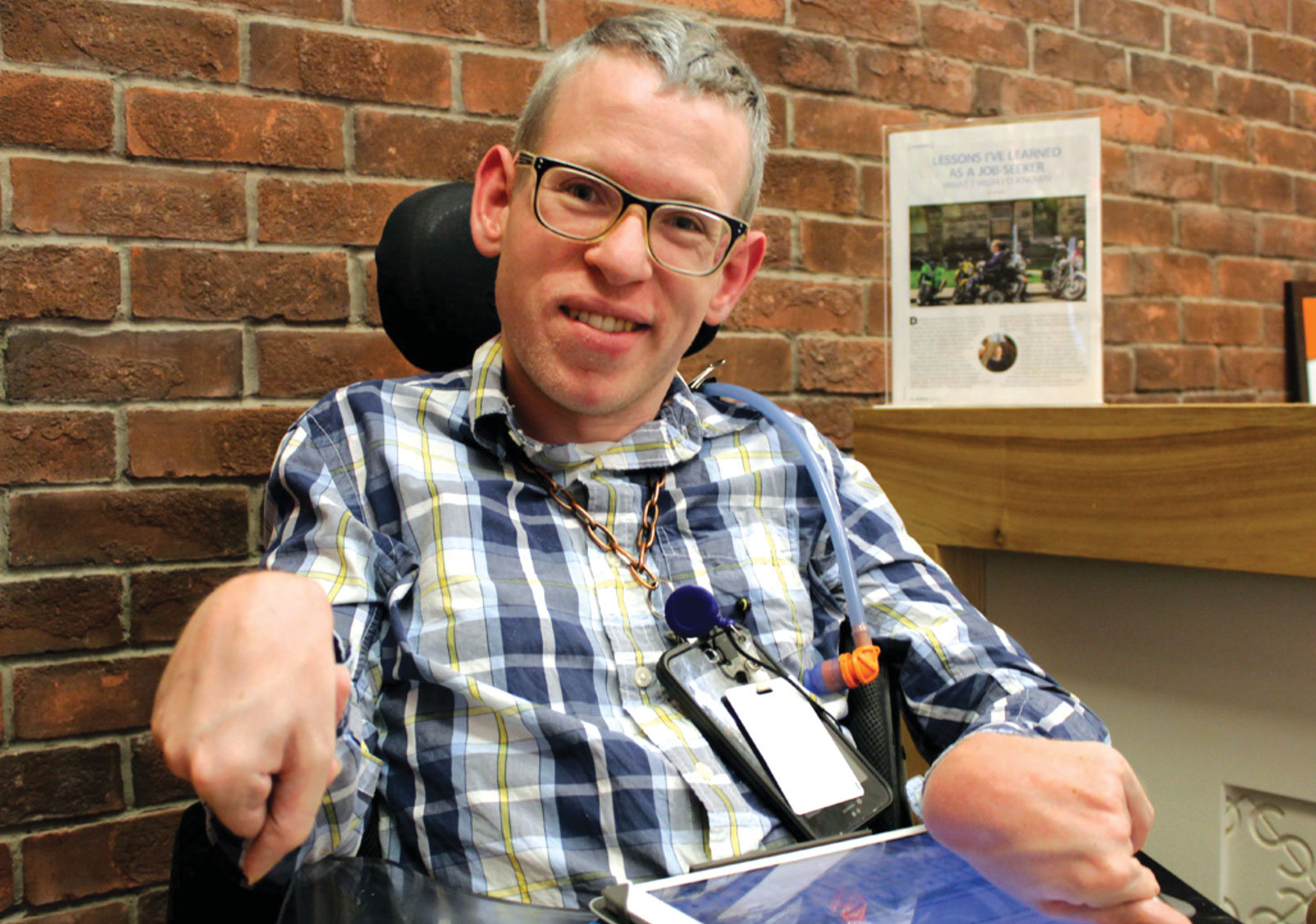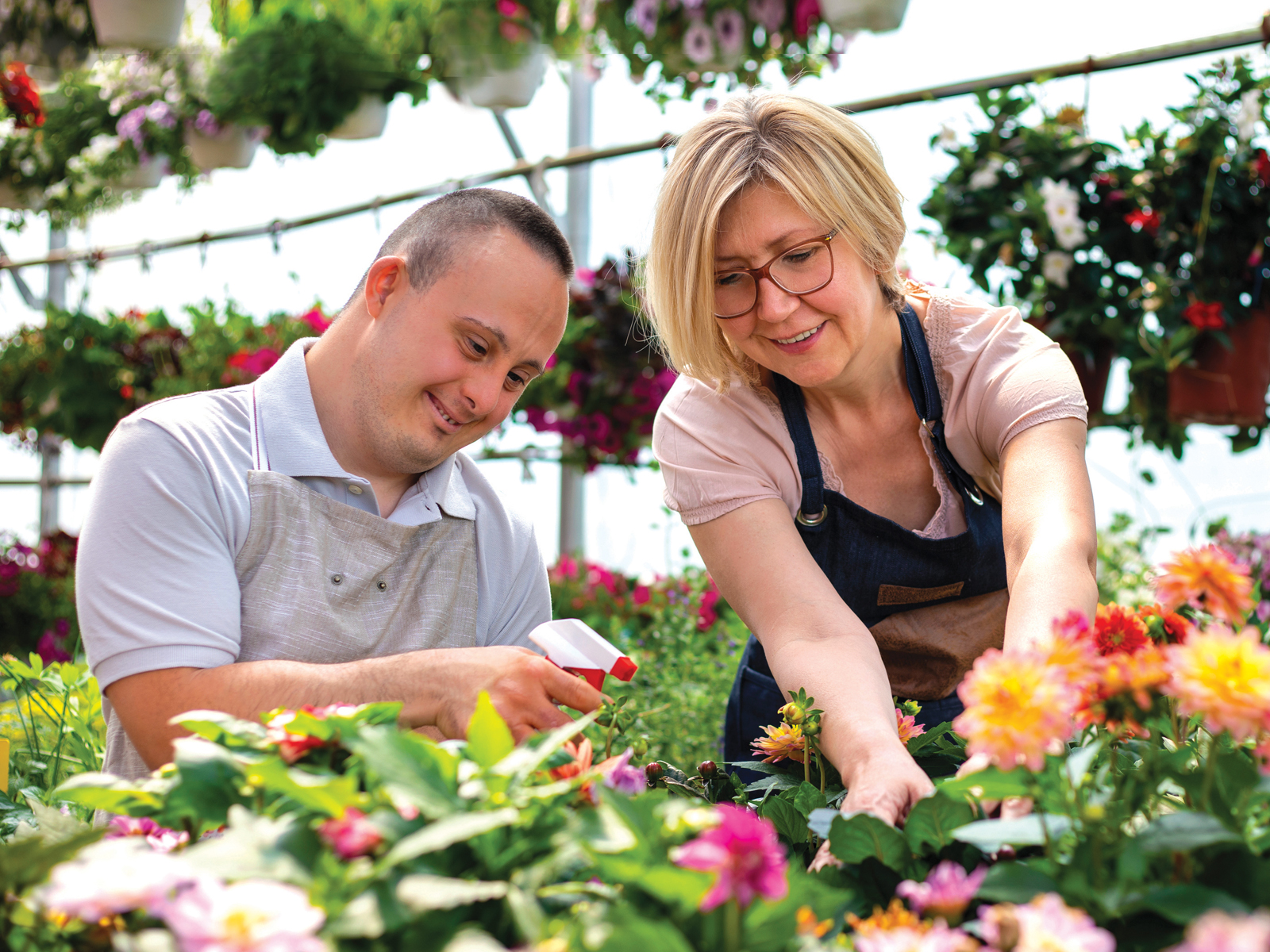By Tim Rose
I am a proud disabled man who considers himself very lucky to have been born with a significant physical disability. One of the primary reasons for feeling so lucky is that my difference has granted me entrance into the “community” that links people with disabilities with one another—to share experiences, ups and downs, and stories. This community, however, is much broader than just those of us who were either born with or acquired our identity. Because, to me, allies have always played an important—and at many times, equal—part in what I love about my community.
Today 47 per cent of Canadians say that they have a relationship with someone who has a disability, 53 per cent want Canada-wide standards for universal access, and two-thirds are concerned about their own future mobility challenges. However, for generations, people with disabilities were left out of our own lives. Whether it be exclusion by doctors or sheer ignorance on the part of politicians, decisions were made about people with disabilities without input from anyone with lived experience. So, I get it. I totally understand and appreciate those who believe that people who identify as having a disability should lead our community. And I agree. But this does not mean that we shouldn’t open our community to allies.
Accessibility issues impact everyone: Parents with strollers, teachers advocating for inclusive education, partners and family members of people with disabilities—we all have a part to play. Disability is, in fact, one of the only identities that anyone can join at any time, whether through illness, injury or dumb luck. So I think it is vital that our community strives to be welcoming, no matter whether the person themself has a disability or not. And while it’s true that I don’t want anyone speaking for me, I do want people speaking alongside me.
The community of people with disabilities in Canada has made many strides over the years, but we still have a long way to go. Unemployment numbers are still sky high, barriers are regularly put up in every walk of life and many young people with disabilities are told that they should try to be more “normal.” With so much work still to be done, why would we turn away those who want to be part of our community? Recent numbers suggest that around one-in-five Canadians has a disability. While that’s a pretty big number, imagine what could be accomplished if the other four out of five Canadians really started to push for change.
I guess my bottom line here is simple: There’s strength in having allies. We should never shut the door to allies or friends. People with disabilities long before me have fought for doors to be opened. Let’s not hurt our community by shutting out those who want to support us. My allies don’t speak for me, but they certainly do speak alongside me … and I welcome that.
Tim Rose is an accomplished activist, speaker, writer and entrepreneur, who was lucky enough to be born with cerebral palsy. He holds two degrees, including a Masters of Law in Human Rights from the University of Nottingham in the UK, and has lived and worked on three continents. He was raised to push the envelope as an out-of-the-box thinker and believes that disability is a true asset in business after years of discrimination in the labour market. He is delighted to bring his experience to the corporate world to reshape the way we see disability.














